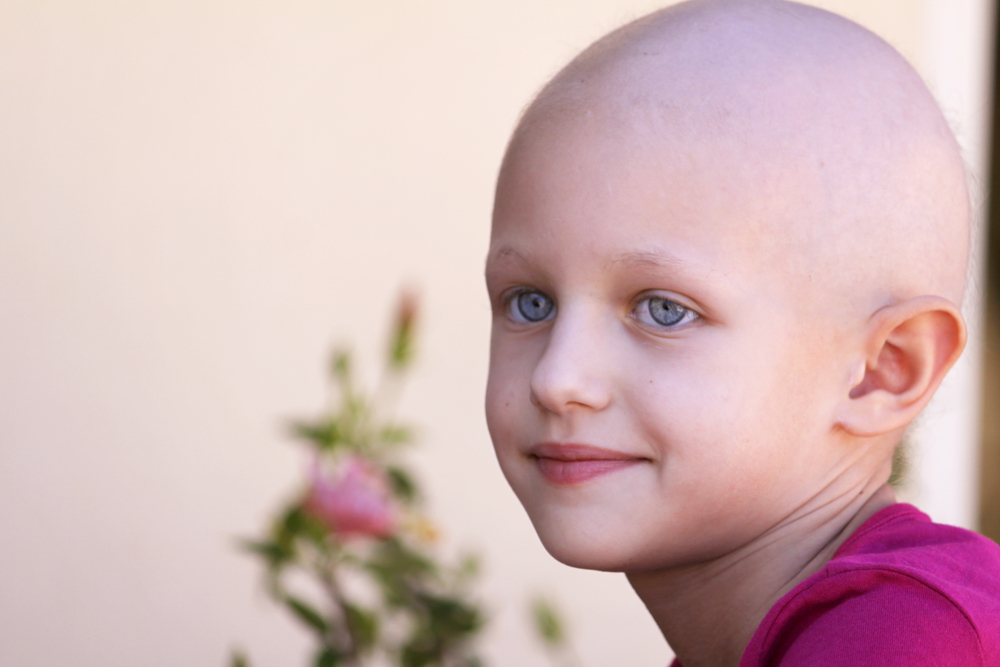Findings from a recent study published in the journal CANCER indicate that people who had cancer during childhood may have higher risk of becoming obese as a result of the drugs they received as treatment for their cancer. The study findings underscore the need for counseling interventions on weight loss for some of these cancer survivors.
Previous evidence suggested that childhood cancer survivors have increased rates of obesity, particularly among those who had cranial radiation exposure, used to avert or delay brain cancer spread.
The study conducted by a research team for the St. Jude Children’s Research Hospital in Memphis, led by Kirsten Ness, PhD and Carmen Wilson, PhD, aimed to examine the prevalence of obesity in childhood cancer survivors. The researchers also aimed to identify the treatment, clinical-related and genetic risk factors for obesity among this population.
A total of 1,996 childhood cancer survivors who had a cancer diagnosis at least 10 years ago took part in the research. All had been treated at the St. Jude Children’s Research Hospital. The results revealed that 47% of the patients who had been exposed to cranial radiation had obesity in comparison with 29.4% that had not received cranial radiation.
The results also revealed that survivors treated with cranial radiation and that received glucocorticoids were younger at the time of diagnosis and at increased risk for obesity. Genes involved in the growth of neurons, repair, and connectivity were associated with obesity. The researchers also found that those who were exposed to abdominal, chest, or pelvic radiation were half as likely to have obesity in comparison to those who did not receive these treatments.
In a recent press release, the authors mentioned that these results may help in the identification of cancer survivors who are more prone to obesity, and may provide the basis for research on the characterization of the molecular pathways involved in the association between obesity and childhood cancer treatment.
“Also, the ability to identify patients at increased risk may guide selection of therapeutic protocols that will maximize treatment outcomes while simultaneously minimizing the risk of long-term complications among children diagnosed with cancer,” said Dr. Ness in a news release.


